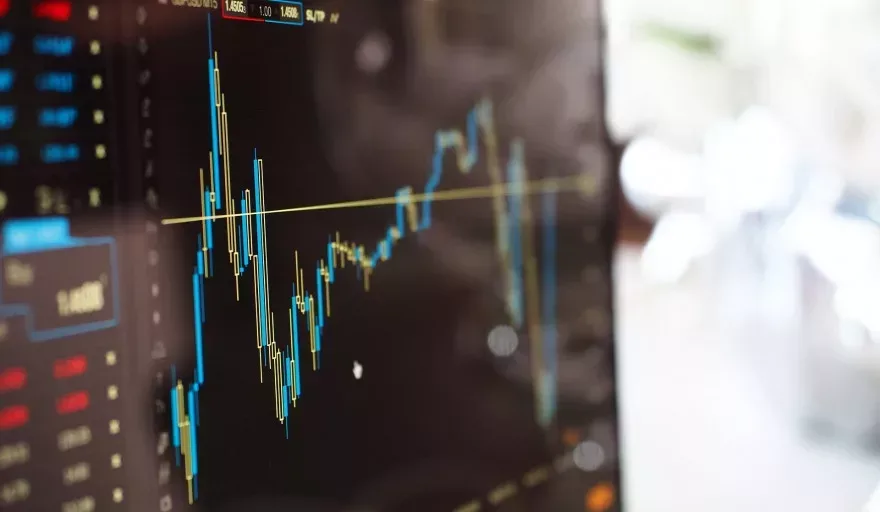Stephane Colliac, senior economist for Africa at trade credit insurer Euler Hermes, outlines three policy measures African governments can implement to drive growth across the region.
The African economy is growing again after 2015’s commodity price plunge.
Despite the still significant current account deficits in many economies, the outlook is positive on the whole. But there are a number of areas governments need to focus on to ensure the region can capitalise and achieve its growth potential, from addressing the inequalities in company payment terms to boosting investment levels.
While foreign direct investment (FDI) fell by 20 percent between 2016 and 2017, the recovery of commodity prices and greater cross-border co-operation have resulted in an upturn over the last 12 months.
African nations can exert little influence on the former, but by working together they can eradicate trade barriers and open up borders to develop better integrated, regional supply chains that could provide the platform to produce and export more manufactured, finished goods.
The new African Free Trade Agreement (FTA) represents a major step in the right direction and it will be important for governments to push this forward to keep up the momentum.
A lack of financial infrastructure is among the biggest bottlenecks impeding African firms’ access to credit, which in-turn impinges on economic growth.
For example, less than 30 percent of the sub-Saharan adult population have access to a bank account, meaning informal cash transactions are widespread. Mobile banking is a good solution and introducing it would reduce the distance between people and banks to zero, limiting management costs and administrative requirements. The widespread and growing use of mobile phones on the continent makes this an achievable goal.
Looking at the short-term, having more adequate day sales outstanding (DSO) – the average number of days that it takes a company to collect payment after a sale has been made – has the potential to have a significant and quick impact on growth.
A lack of standardisation across Africa is resulting in a widening inequality gap. Big players are often bad payers, whereas small to medium sized firms are expected to pay upfront or on delivery, often in cash, which severely limits their ability to invest in growth.
For example, state-owned enterprises in Angola and Egypt are able to postpone payments by several years and although Moroccan corporates pay much quicker, with an average DSO of 84 days, almost a third of their transactions with smaller firms involve upfront cash payments.
Our forecasts show the effects of standardising payment terms to 30 days for transactions currently paid in cash would be substantial.
Approximately $33.5 billion in additional working capital would be freed-up this year alone which companies could use to reinvest. By 2020, this figure could rise to an estimated $45 billion. Oil exporters across Africa, such as Nigeria, Angola and Libya, could release $14 billion per year between them, whereas Algeria, the Republic of Congo and Kenya could free-up $5 billion (three percent of GDP), $0.9 billion (11 percent of GDP) and $1.6 billion (two percent of GDP) respectively.
Implementing a new standard will not be a simple task, but the huge amount of money that could be reinvested provides a strong argument for developing a strategy that balances payment terms across Africa.
Opportunities for growth in the region are a cause for optimism but roadblocks stand in the way of it realising its potential. Encouraging further foreign investment, making the most of emerging banking technology and introducing standardised payment terms for businesses across the continent will go a long way to breaking down those barriers.
About the expert
Stéphane Colliac joined Euler Hermes in 2016 as the Senior Economist for France and Africa. His responsibilities at Euler Hermes also cover global emerging markets (activity, capital flows and liquidity indicators).
Colliac runs quarterly country risk assessments and regular forecasts. He gives regular presentations to customers, prospects and brokers, as well as interviews on France and Africa to key media, such as France 24, CNBC, The Wall Street Journal, Reuters, AFP, Europe 1, RFI, Radio Classique, Le Monde, Le Figaro, Les Echos and Capital.
Before his current position, Colliac worked for about 10 years as a global and country emerging markets economist in various positions (Groupama Asset Management, French Treasury, Thierry Apoteker Consultant). He also has a keen interest in international macroeconomics and finance, and holds a PhD with a thesis on “Prerequisites to Full Dollarization in Latin America” from the University of Bordeaux.





























